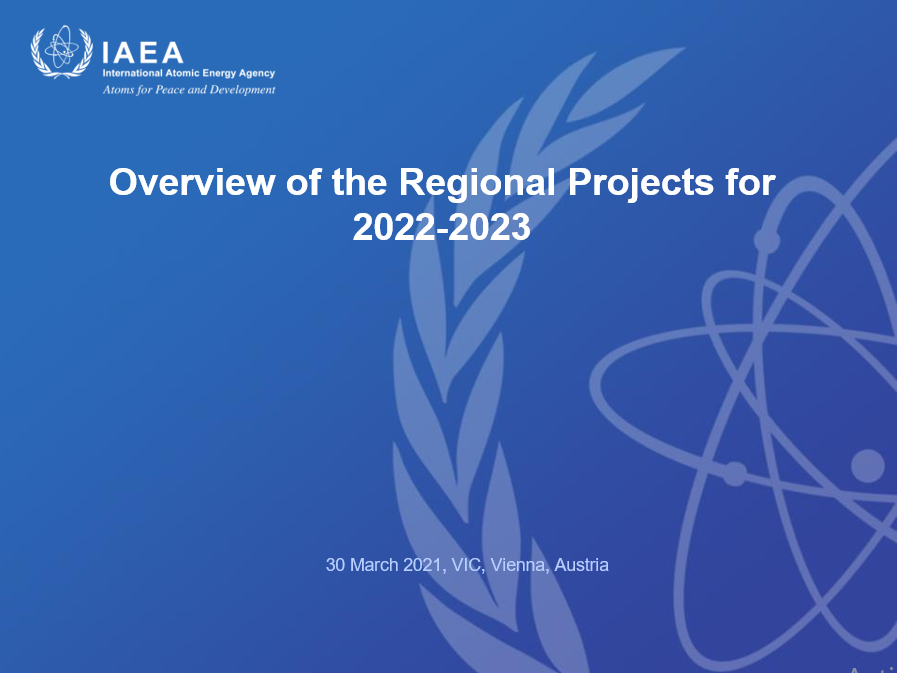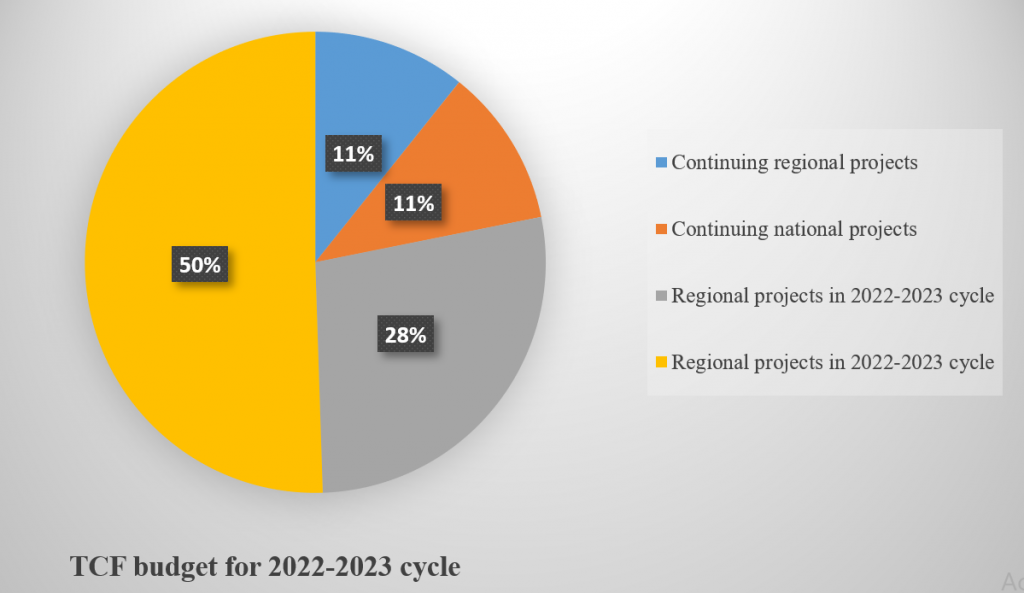The IAEA’s Technical Cooperation Division for Europe organized a virtual event on 30 and 31 March 2021, convening the representatives of 33 Member States, in which, the Republic of Serbia was represented by the director of Serbian Radiation and Nuclear Safety and Security Directorate, Mr Sladjan Velinov as the National Liaison Officer (NLO) with the International Atomic Energy Agency (IAEA). The meeting served to present 17 new project designs, and 10 regional projects from the previous cycle continuing until 2023.
The allocated budget from the Technical Cooperation Fund (TCF) for regional projects in 2022-2023 cycle is approximately 32.6 million euros, of which approximately 3.6 and 3.5 million euros are planned for continuing regional and national projects, respectively. According to this plan, around 9 and 16.5 million euros are allocated for new 2022-2023 regional and national projects, respectively.
The IAEA’s regional technical cooperation programme, devised through the consultations with the Member States, aims at providing an efficient mechanism in support of safe and peaceful use of nuclear technologies. It also deals with the specific social and economic needs and contributes to the UN’s Sustainable Development Goals (SDGs). The regional projects which are realized through the programme encourage the exchange of lessons learned between the states and further regional cooperation.
The IAEA’s support to the technical cooperation between the countries of Division for Europe is implemented through national, regional and interregional projects. The National Liaison Officers (NLOs) and National Liaison Assistants (NLAs) are the primary contact points between the International Atomic Energy Agency and a Member State in terms of issues relating to the IAEA and the Technical Cooperation Programme in particular.
This meeting, among other things, served the National Liaison Officers to set the priorities in new regional projects for 2022-2023 cycle, which were divided in thematic groups covering the issues of waste management, radiation safety, nuclear legal infrastructure, radiation protection and energy planning, nuclear knowledge development and management, nutrition, radiation oncology, livestock production, agriculture and radioisotope application, agriculture water and soil management, insect pest control, marine, terrestrial and coastal management, etc.


